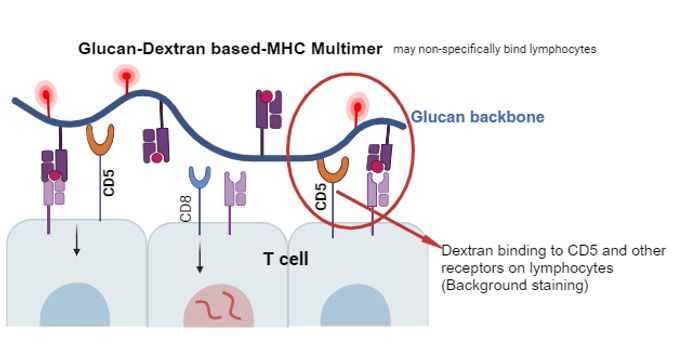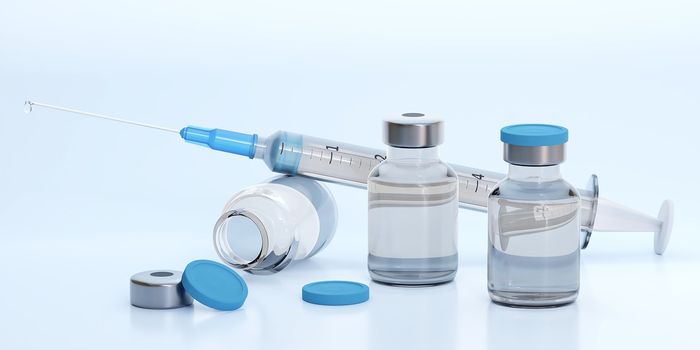In an effort to improve sensitivity for cancer detection, engineers at the Case Western Reserve University have achieved a device that can pick up a single molecule produced from cancer cells. This optical sensor is purported to be
1 million times more sensitive than the best liquid biopsy technology currently on the market – a bold claim for a bold innovation, indeed.
"The prognosis of many cancers depends on the stage of the cancer at diagnosis," said Giuseppe Strangi, professor of physics at Case Western Reserve, and lead study author. In fact, about 90% of cancer deaths are attributed to metastatic events. Thus, prompt detection of cancer presence could increase survival rates dramatically. As such, liquid biopsies to screen for presence of circulating tumor DNA (ctDNA) has been developed, but the technology is often questioned for accuracy.
Instead of relying on sequence variations to diagnose cancer presence, the new research hinges on detecting actual enzyme molecules released by cancer cells. The biosensor acts as a “biological sieve” that can isolate proteins that weigh less than 800 quadrillionths of a nanogram from an extremely dilute solution.
"Very early, most circulating tumor cells express proteins of a very low molecular weight, less than 500 Daltons," said Strangi. "These proteins are usually too small and in too low a concentration to detect with current test methods, yielding false negative results.”
To achieve their unprecedented sensitivity, the team coupled nanotechnology with microfluidic channels, whose surfaces were lined with a metamaterial – the team’s newly innovated material that can capture very small molecules. This design bypassed some previous limitations for detection, namely that light waves can’t detect particles smaller than about half a micron. Moreover, molecules in fluid motion are unlikely to attach to a sensor’s surface by chance. In their design, the particles are pulled into the microfluidic channel and are driven straight to the metamaterial’s sensing surface.
"It's extremely sensitive," Strangi says. "When a small molecule lands on the surface, it results in a large local modification, causing the light to shift." Every shift or reflection of light waves is an indicator of the molecules’ identity. Thus, by patterning the light shifts with certain molecules, the team hopes to create a biomarker profile for different cancers, enabling detection of many types of diseases.
"With this platform, we've detected proteins of 244 Daltons, which should enable doctors to detect cancers earlier--we don't know how much earlier yet," said Strangi. "This biosensing platform may help to unlock the next era of initial cancer detection."
The biosensor has broad applications for all cancer types, but most immediately for certain lethal cancers, such as pancreatic and bowel cancers, that are often not diagnosed by other means until too late. With the new biosensor, which fits in a doctor’s palm, minute amounts of cancer-specific proteins can be detected from the patient’s blood. This can prompt rapid treatment to dramatically improve a patient’s survival odds.
Furthermore, the researchers hope the tool will expand our current knowledge of cancer biology. "This new sensing technology may help us not only detect cancers, but what subset of cancer, what's driving its growth and spread and what it's sensitive to," said Nima Sharifim the Kendrick Family Chair for Prostate Cancer Research at the Cleveland Clinic. "The sensor, for example, may help us determine markers of aggressive prostate cancers, which require treatments, or indolent forms that don't."
Additional sources:
MNT,
Science Daily









